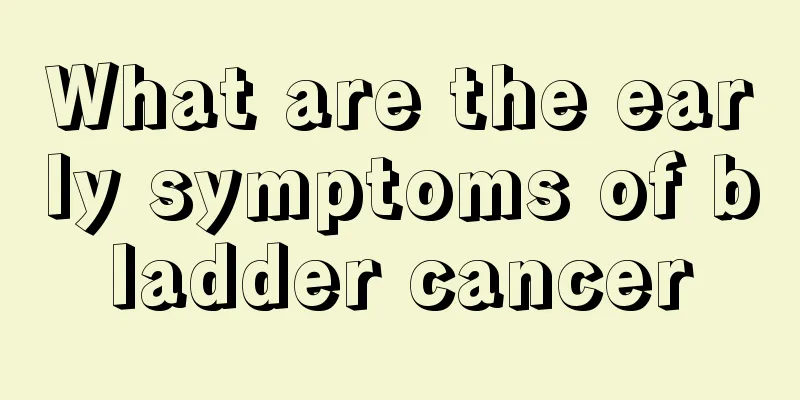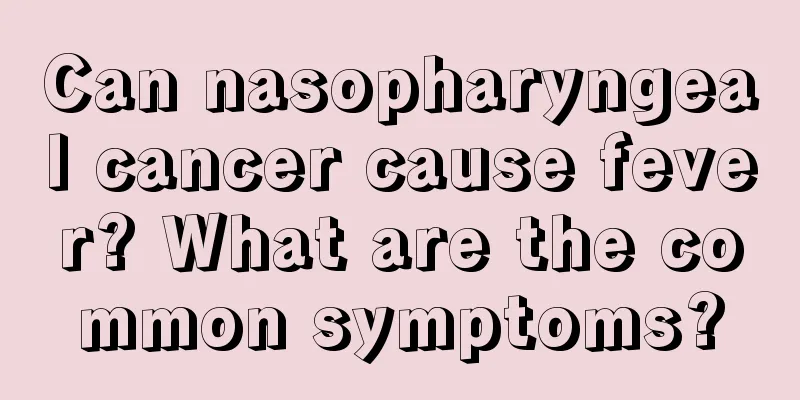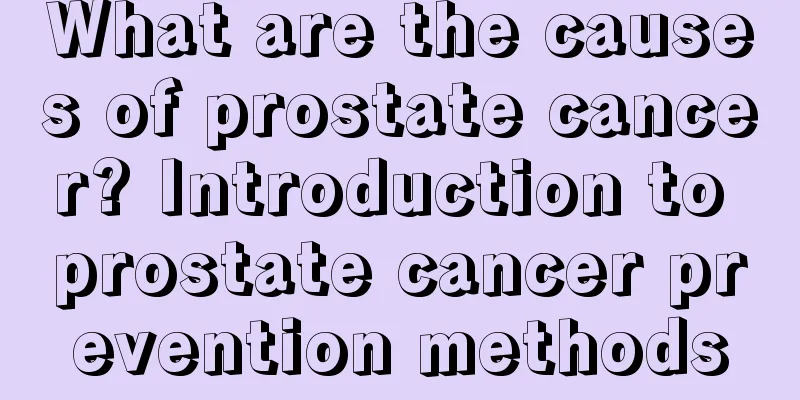Does nasopharyngeal carcinoma have genetic factors? How to treat it?

|
Nasopharyngeal carcinoma is a cancer, so many people are very afraid of this disease and are worried that this disease will affect their children. So, is there a genetic factor in nasopharyngeal carcinoma? How to treat it? Nasopharyngeal carcinoma refers to a malignant tumor that occurs on the top and side walls of the nasopharyngeal cavity. It is one of the most common malignant tumors in my country, and its incidence rate ranks first among malignant tumors of the ear, nose and throat. Common clinical symptoms include nasal congestion, blood in mucus, stuffy ears, hearing loss, diplopia and headache. Nasopharyngeal carcinoma has genetic factors, among which the main genetic factors are the following: 1. Family heredity: If a family member has a history of nasopharyngeal cancer, there is a risk of inheriting the disease. 2. Racial susceptibility. Nasopharyngeal cancer is mainly seen in the Asian race and rarely in the Caucasian race. The descendants of ethnic groups with a high incidence rate who have immigrated to other places or lived abroad still have a high incidence rate. 3. The relationship between nasopharyngeal carcinoma and heredity is that human cells are divided into two categories: somatic cells and germ cells. For example, there is no direct connection between the previous generation and the next generation of somatic cells such as muscle cells, bone cells, and nerve cells. Only germ cells (sperm and egg cells) are the cells that communicate the genetic information between parents and children. When the DNA in the reproductive cells of the father and mother becomes cancerous, all cells in their children's bodies acquire this changed genetic information and may become cancerous. This is a "hereditary" cancer. As for the treatment of nasopharyngeal carcinoma, you can try radiotherapy, which has always been the first choice for the treatment of nasopharyngeal carcinoma. The reason is that most nasopharyngeal carcinomas are poorly differentiated cancers and are highly sensitive to radiation. Currently, the most effective and most certain method is to use a 60Co teletherapy machine. However, its systemic and local side effects are more obvious, so the exposure dose should be better controlled. Its contraindications include patients with extensive distant metastasis, patients with combined acute infections, and patients with radiation-induced brain and spinal cord injuries. It is also not suitable for patients with recurrence after radiotherapy. Nasopharyngeal carcinoma has genetic factors, but if you are sick, you should actively seek treatment. |
<<: What are the early symptoms of lymphoma and what foods are suitable to eat
>>: May I ask what medicine I can take to control the condition of lung cancer
Recommend
Is it OK to wear ordinary underwear while jogging
Jogging, as a sport that promotes the body's ...
What is the correct sitting posture for cross-legged meditation?
Maybe many young people don’t like meditation, bu...
It is the right time to take supplements in winter. One piece of donkey-hide gelatin can cure all diseases
The organs of the human body are just like people...
Is the cure rate of esophageal cancer high?
Esophageal cancer is a serious intestinal disease...
Is nasopharyngeal cancer contagious to others?
In real life, there are various diseases that con...
Can intervention cure liver cancer?
If the patient is in the early stage of liver can...
What is the difference between blueberries and grapes
Grapes are a kind of fruit that we often eat. The...
What are the benefits of putting ginger next to your pillow?
The benefit of putting ginger next to your pillow...
How long can you live with stage 1 lymphoma
How long can a person with stage 1 lymphoma live?...
Adjuvant therapy to prevent recurrence after liver cancer resection
The main means of treating liver cancer is surger...
What are the symptoms of low thyroid hormone?
Thyroid disease is directly related to the health...
How long can you live with mid-stage uterine cancer
Uterine cancer is a common malignant tumor diseas...
Ovarian cancer staging and cure rate
Cancer staging not only has considerable diagnost...
Why does my hair always itch?
If you don't wash your hair for a long time, ...
What is the main function of aldosterone?
Most people are familiar with aldosterone. The ma...









